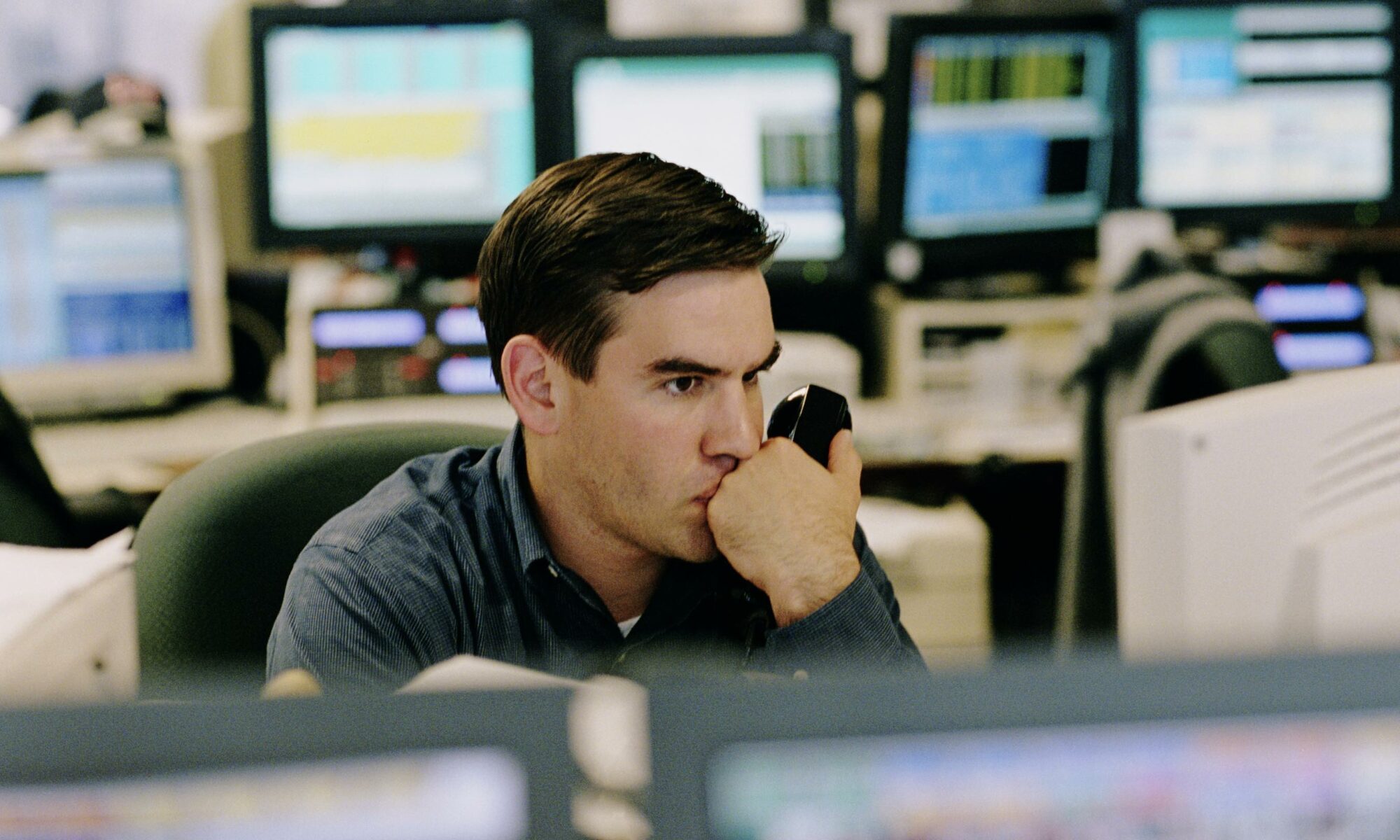Ask the expert: “The Way We Live Now”
June saw glints of economic sunlight as countries slowly emerged from government-induced hibernation, but we should not expect the post-Covid reality to be identical to the one we knew before.
The way we live has been altered: The pandemic has ushered in the digital revolution quicker than we could have anticipated and its key facets – home office, telemedicine, eLearning, … – will stick. At the same time, while a vaccination remains unavailable, our economy will not run at full pelt: Social distancing will mean a whole host of businesses will run at less-than-full capacity, while consumers and businesses may remain apprehensive on spending: Confidence leaves on horseback and returns on foot. All of this has implications for economic growth.
Confidence leaves on horseback and returns on foot.
Some camps believe that the economy will boomerang back quickly in a V-style recovery. At first glance, such a theory seems legit. Afterall, this was a man-made recession: By early April, nearly 150 countries had closed all schools and mandated cancellation of events, and more than 80 had closed all workplaces in order to control the spread of the virus. People did not stop spending because they wanted to, they stopped because lockdowns made it physically impossible (or unnecessary, for example, pyjamas were the Spring/Summer 2020 fashion of choice for many, while Unilever revealed that stay-at-homers were even shunning deodorant).
Unlike those that have gone before, this recession was not the by-product of an economic imbalance or the erosion of real disposable incomes through rising interest rates, inflation or taxes. Theoretically, with stunning fiscal support, people should revert back to their normal spending patterns once the crisis blows over, while businesses should begin re-hiring and investing. And indeed, there are traces in the data that these expectations are beginning to manifest. In the US, companies have started hiring again, factory cogs are turning and consumers have begun to loosen their purse strings. In Europe, sentiment data has surpassed expectations on the upside and an economic stabilisation appears to be underway, led by Germany. In China, the first nation to grapple with the virus, industrial production has pretty much normalized.
While the data is indeed moving in the right direction, markets, as of late, seem to have been lulled into a false sense of security – current valuations imply an earnings rebound of almost 30% in 2021! Yet, we are amid the deepest recession since the 1930s and it will be an uphill struggle from here. We foresee a tick-shaped recovery (✓); a precipitous drop in activity followed by a stabilisation around Q3, before a recovery begins late 2020. We don’t envisage that the wealth lost during the Covid crisis will be recovered before the end of 2021.
Household savings in the bloc have jumped to a record €7.3 trillion.
As the World Bank puts it: Deep recessions inflict lasting scars on potential output through lower investment and innovation; erosion of the human capital of the unemployed; and a retreat from global trade and supply linkages. Or, as the ECB President Lagarde has put it: the economic recovery will be restrained and incomplete and that it will take some time before the “phenomenal” jump in savings will percolate into consumption and investments: Household savings in the bloc have jumped to a record €7.3 trillion. Consumers and businesses have been glittered with emergency stimulus from governments and central banks. Once this wears off (it cannot run indefinitely, allowing government deficits to balloon uncontrollably) things could take a different shape.
More long term, our lifestyles are changing and more areas of our lives look set to be conducted from within the four walls of our homes. Airbnb allowed for a great exploitation of economic slack in terms of underused real estate (unused rooms / premises free for a time period too short to formally rent…). Working from home will allow for further exploitation of the resources we already have. By going to the office 40 hours per week, we all have a number of underused assets at home, whether it be coffee machines, computers, tables, chairs… More people working from home, will mean that businesses do not invest in creating doublers of the things people already have. At the same time, demand for corporate real estate could fall as could the need for all of the services attached to workplaces (maintenance, hospitality etc). On the other hand, the next industrial revolution will present myriad opportunities for innovative companies, especially those that are already well-versed in digitalization. Even if growth slows, such companies could still enjoy a fruitful post-pandemic future.
We are skating on thin ice with regard to the economic recovery. Coronavirus is still at large, approaching 10 million cases, with new clusters popping up, threatening to ignite a second wave. To borrow a reference from the Trollope novel, from which this article takes its title, the thickness of the winter’s ice is often in proportion to the number of summer mosquitoes. The virus that took hold last winter, has caused economic turmoil this summer. Let’s see if next winter, the recovery will have taken hold, setting a much more optimistic tone for summer 2021.


 Mortgage
Mortgage Personal loan
Personal loan Savings
Savings